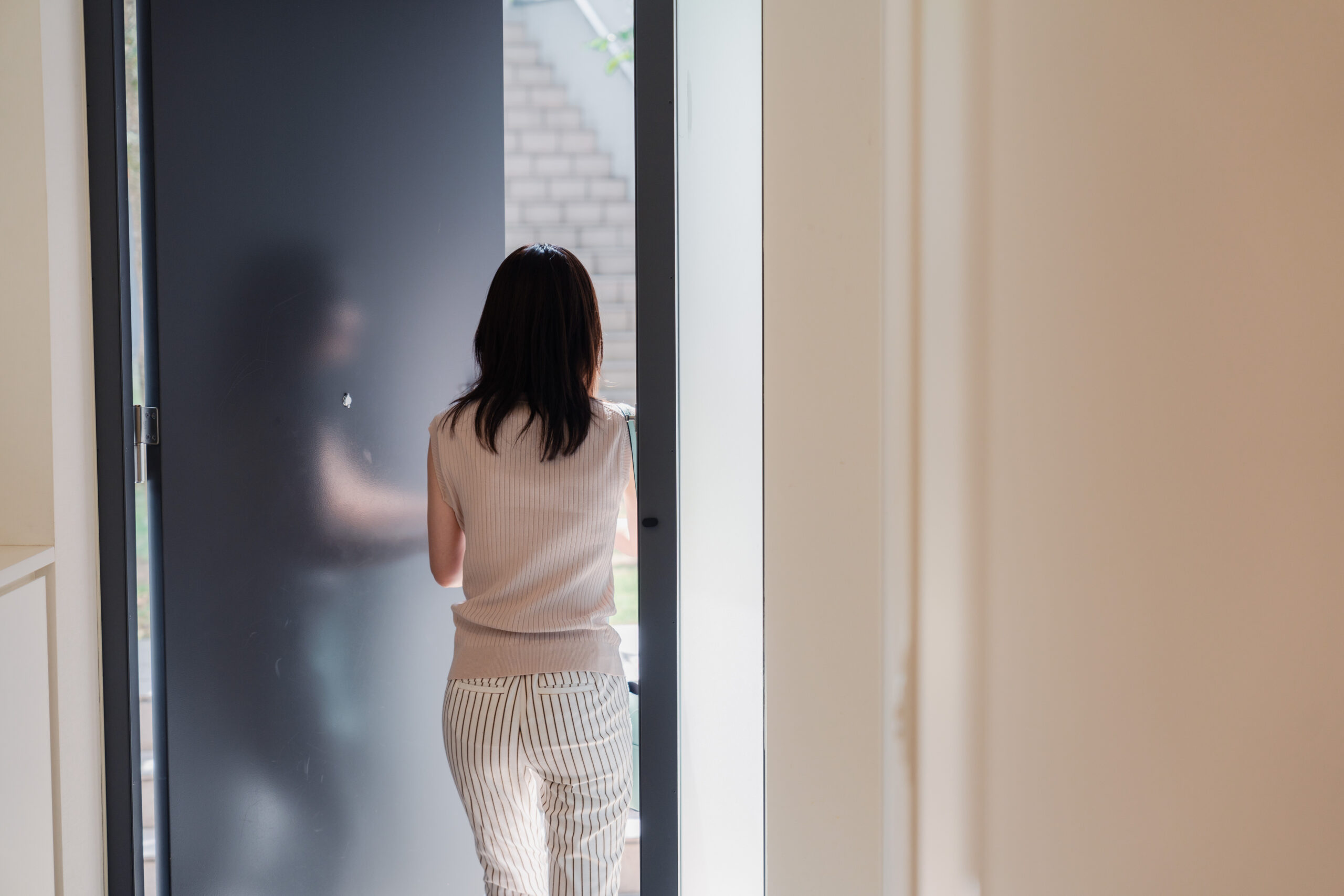Media Release – 6 August 2025
New Research Reveals Long-Term Harm and Systemic Failures Facing Victims of Intimate Partner Violence
Groundbreaking research released today by Women’s Refuge reveals the enduring and devastating effects of intimate partner violence (IPV), as well as widespread institutional failures that continue to endanger survivors. The report, part of the Safer When, Safer How project and generously funded by Contact Energy, is the first of its kind to explore IPV risks across the lifespan.
The report is based on the lived experiences of more than 1,700 women and non-binary victims, shows that leaving an abusive partner doesn’t end the violence — and that for many, safety remains out of reach due to broken systems.
Dr Ang Jury, Women’s Refuge CEO highlights the research as both unprecedented and essential.
“This important work has the potential to meaningfully reduce the alarmingly high levels of family violence in Aotearoa. We have already seen findings from earlier phases of the research be adopted by various organisations and influence how they are working with and understanding victims.”
“This research shows us that risk does not stop when a relationship ends,” says Dr Natalie Thorburn, Principal Policy Advisor at Women’s Refuge. “Victims continue to carry the mental, emotional, physical, and financial costs of violence for years — sometimes decades — after leaving.”
The Hidden Costs of “Getting Out”
At the peak of the violence, victims spent up to 7 hours per day mentally planning for safety and lost 9 hours of rest — leading to exhaustion, memory loss, and burnout. Even after separation:
- 89% reported worsened mental health
- 74% reported worsened physical health
- 63% ended up in debt
- 54% struggled to afford food and groceries
- 30% couldn’t access safe housing
A System Making Victims Work Harder for Safety
Victims described being disbelieved, blamed, and forced through exhausting bureaucratic hoops — often while parenting alone and recovering from trauma. On average:
- Victims interacted with five different services
- Spent 12 hours per month over 9 months seeking support
- Took 21 hours of contact before getting meaningful help
Only one in four said the violence stopped as a result of engaging with services.
“It’s a good reminder of the turmoil women are already going through when they reach out for us,” says Dr Ang Jury, Chief Executive of Women’s Refuge. “Support shouldn’t be another barrier — it should be the circuit breaker.”
What Actually Works
Victims identified three keys to effective support:
- Practical help with what they couldn’t manage alone
- Fast, proactive responses
- Services that listen and adapt
Victims who accessed specialist support like Women’s Refuge were nearly three times more likely to feel safer and better off (73.4%) than those who didn’t.
Time to Act: No One Should Pay for Their Safety
The report calls for urgent reform across police, courts, health, and housing systems — to treat IPV as the root cause of victims’ needs, not a side issue.
“No one should be condemned to a lifetime of fear, poverty, or illness because their partner chose violence,” says Dr Thorburn. “This report shows not just how risk unfolds — but how we can stop it.”
Not only has Contact funded this ambitious research to support those seeking safety, advice and care this winter, the energy company will match every Safe Night donated in August up to 10,000 nights.
Mike Fuge, CEO of Contact says:
“At Contact, we believe it should be good to be home, but we know that’s not the reality for many New Zealanders.
Family violence is never acceptable. We all have a responsibility to support women and children affected by violence. That’s why our partnership with Women’s Refuge matters deeply to us.
By funding this vital research, we hope to enable Women’s Refuge to raise awareness of the long-term impacts of family violence and help drive meaningful change.”
Full report here.
Editors Notes:
Contact Energy
Contact Energy is one of New Zealand’s largest energy providers, serving over 630,000 customer connections with electricity, gas, broadband, and mobile services. Contact operates 38 power stations nationwide, generating electricity from geothermal, hydro, and thermal sources.
Since partnering with Women’s Refuge in 2022, Contact has funded more than 34,000 Safe Nights and provides free power and broadband to more than 70 safe houses and refuges nationwide. This support helps refuges redirect resources to urgent needs and programmes. Throughout August, Contact is matching donations made to Women’s Refuge’s Safe Night Appeal by up to 10,000 Safe Nights. Visit: contact.co.nz/safenight.
New Zealand’s family violence statistics
- On average, just under 50,000 women and children are referred to Women’s Refuge each year.
- On average Women’s Refuge answers 71 crisis calls per day.
- New Zealand has the highest rates of family violence in the OECD.
- 1 in 3 women will experience abuse in their lifetime in Aotearoa.
- Nearly half of all homicides and reported violent crimes are related to family violence.
- Around 67% of family violence episodes go unreported.








